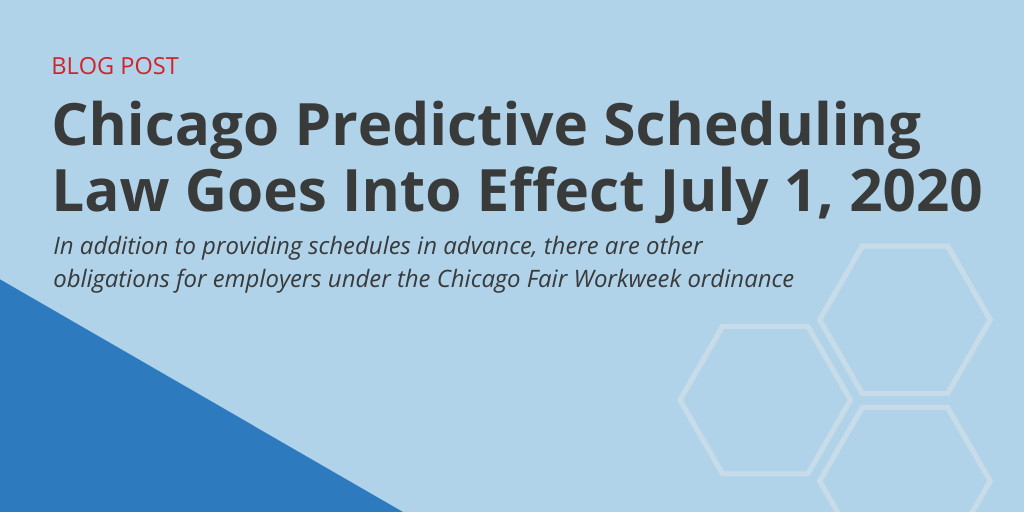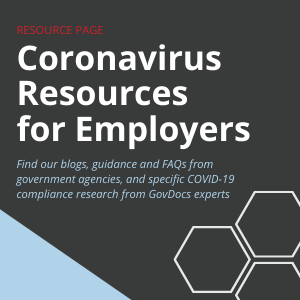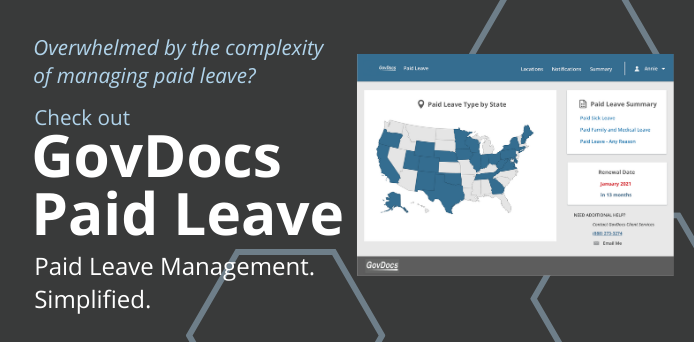EMPLOYMENT LAW NEWS
Chicago Predictive Scheduling Law Goes Into Effect July 1, 2020
By Kris Janisch
Published June 2, 2020

In addition to providing schedules in advance, there are other obligations for employers under the Chicago Fair Workweek ordinance.
Employers in the Windy City should be ready to comply with Chicago’s new predictive scheduling law, which goes into effect July 1.
The city last summer passed the Chicago Fair Workweek ordinance, which local officials have deemed the most expansive scheduling policy in the U.S. It includes businesses beyond hospitality and retail, covering additional sectors not often found in predictive scheduling laws. Those include:
- Building services
- Healthcare
- Manufacturing
- Warehouse services
Of course, the ordinance still applies to hotels, restaurants and other similar companies.
“The new Fair Workweek Ordinance stands as a bold step in providing the reliability our working families both need and deserve,” Chicago Mayor Lori Lightfoot said in a statement. “I understand firsthand the burden lack of scheduling stability places on a family. After collaborating with labor, businesses, industry groups and other organizations across healthcare, hospitality, manufacturing, and retail industries, we have arrived at a set of reforms which strikes the right balance between the needs of employers and employees, as well as serves as a model for the nation on supporting worker fairness and worker’s rights.”
The ordinance includes a posting requirement. It must also be provided with first paychecks.
Predictive Scheduling in Chicago
Expected to affect hundreds of thousands of workers, Chicago’s ordinance is primarily aimed at large employers.
It applies to businesses with more than 100 employees globally, 50 of whom must be covered employees. Also, restaurants must have at least 30 global locations for the law to apply. There are also provisions for businesses that are “prone to unforeseen events,” there are provisions within the ordinance to reasonably accommodate them.
Covered employees are those who:
- Work a majority of time in Chicago (in a covered industry)
- Earn less than $50,000 annually or $26 an hour
Temp workers on assignment for at least 420 hours within an 18-month period are also covered by Chicago’s predictive scheduling ordinance.
Fair Workweek Ordinance: Employer Obligations
Under the Fair Workweek ordinance, employers must schedule workers at least 10 days in advance. In 2022, the timeframe will increase to 14 days.
Other requirements for employers include:
- Predictability of pay – Employers must provide compensation for changes in a work schedule after the 10-day deadline.
- Allowing employees to decline a change – Employees can decline additional hours if they were not previously scheduled.
- Choice of hours – Employers must first offer new post-deadline shifts to existing employees.
- Flexible scheduling – Employees are not required to work hours scheduled for less than 10 hours after the end of the previous day’s shift and are paid a higher differential for those shifts.
The Chicago Department of Business Affairs and Consumer Protection will administer and enforce the ordinance. It will also report on the economic impact of the Fair Workweek law in the fall of 2021.
Lastly, while the ordinance goes into effect July 1 for most employers that fall under the legislation, it won’t until Jan. 1, 2021, for “safety net hospitals.”
Predictive Scheduling Nationwide
One of many growing aspects of employment law, predictive scheduling is to give hourly employees more work-life flexibility.
While these measures generally require employers to give workers schedules ahead of time, they sometimes include other obligations, such as then elimination of on-call scheduling (when employers make workers call in shortly before their work shift starts to see if they need to report to work that day).
Among the jurisdictions with predictive scheduling laws: San Francisco, Seattle, Emeryville, Calif., New York City, Oregon, San Jose, Calif., and Washington, D.C.
While they are all a bit different, they basically follow a similar set of rules:
- Schedules need to be posted between before the first scheduled shift (generally 7-14 days)
- Extra pay must be provided to workers if an employer changes the schedule after it is posted
- Employees need adequate time off between shifts unless the employee volunteers to work during the rest period
- Employers must keep scheduling records regarding for a certain time period
Oregon was the first state to pass this type of legislation.
For more information on predictive scheduling, check out our blogs on:
Related blog: Predictive Scheduling at a Glance
This Employment Law News blog is intended for market awareness only, it is not to be used for legal advice or counsel.
Keep Informed
with GovDocs Labor Law News

What is GovDocs?
GovDocs simplifies employment law compliance for large, multi-jurisdiction employers in the U.S. and Canada. The GovDocs software platform integrates three solutions in one convenient place to help you master the employment laws impacting your business. Whether you manage a postings, minimum wage or paid leave program, our products cut through research time, provide proactive insights into the everchanging landscape of employment laws and reduce the risk of noncompliance. The company is headquartered in St. Paul, Minn.
Have fewer than 30 locations?
The GovDocs Poster Store simplifies posting compliance for employers with less than 30 locations across all industries, offering a variety of posting products to meet your labor law compliance needs.



